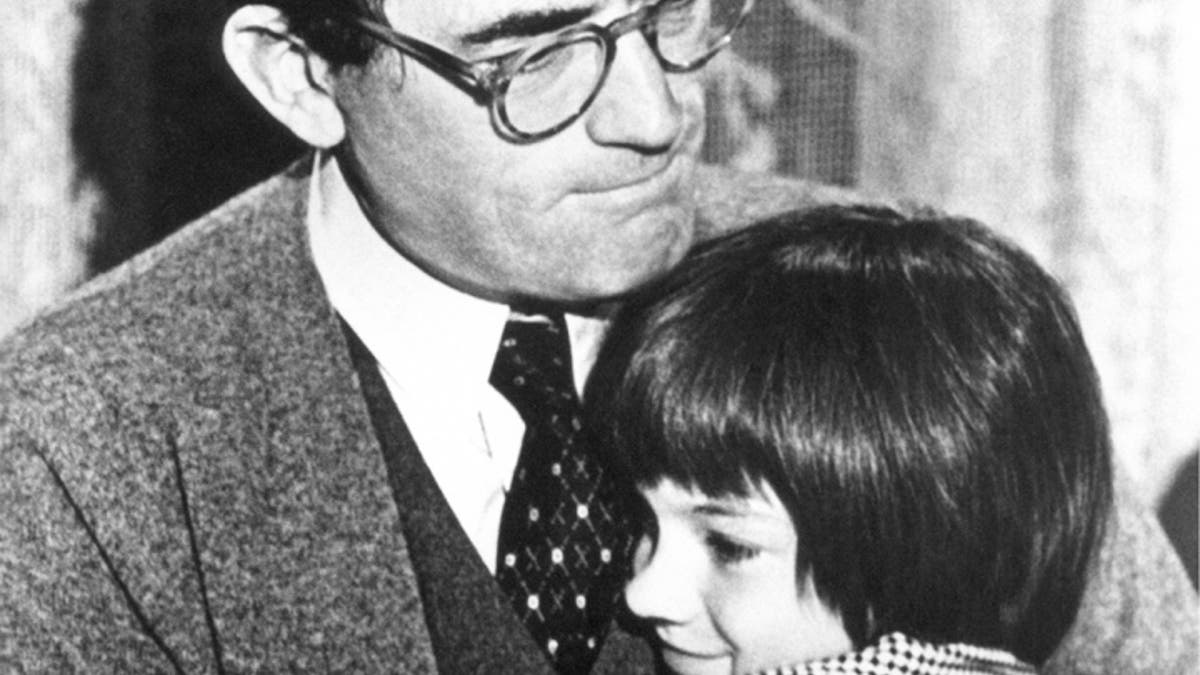
A Mississippi school district in Biloxi has just pulled Harper Lee’s “To Kill a Mockingbird” from its middle school curriculum because “it makes people uncomfortable.”
This is hardly the first case of increasing sensitivity at schools. For instance, last year a district in Virginia removed classroom copies of “Mockingbird” as well as Mark Twain’s “The Adventures of Huckleberry Finn” when a parent complained.
Indeed, both “Huck Finn” and “Mockingbird” are among the most frequently challenged books in school curricula over the last decade or so. This is largely because both books use racial slurs.
The argument of those in favor of banning such titles is that to allow them validates these ugly words. But that’s both a misunderstanding of the books, and of how literature works.
Encountering how other people think can be a shock to the system, but it’s a helpful one. And if it may temporarily make some students feel uncomfortable, in the long term it empowers them.
Yes, both books do use hateful language, but in the service of a humane message. They have enough depth that their meaning can’t be summed up in a pat sentence or two, but they certainly aren’t racist works, and expose the hypocrisy behind bigotry.
They’re also powerful works, and entertaining enough that they’ve encouraged a lifelong love of reading in countless students.
Literature, at its best, can take you outside yourself. It allows you to experience things through the eyes of a person of a different age, a different gender, a different culture.
The people who run our educational system regularly talk about the value of diversity. Well this is diversity in its purest form. Every book lets you enter into a different world, and learn to see things from a different angle.
True, encountering how other people think can be a shock to the system, but it’s a helpful one. And if it may temporarily make some students feel uncomfortable, in the long term it empowers them.
First, it gives them useful historical information—this is how people spoke and acted in the past. But it leads to more than that. It leads to questions about why things were that way, how they’ve changed, and if they might change again before too long.
Meanwhile, banning the books not only takes away some great literature from students, but teaches them the wrong lesson. To fear mere words. They’ll be facing the real world soon enough. If they’re armed with the knowledge they can deal with painful or offensive concepts, they’ll be that much stronger.
By the way, the students don’t even need to agree with the books they read. In essays, or classroom discussion, they can explain how Harper Lee or Mark Twain got it wrong, or missed something. Reading is not a passive activity—it’s all part of a give-and-take the author, the reader and others engage in.
So books like “Mockingbird” and “Huck Finn,” if taught with sensitivity, open up dialogue about topics that mean something to students. And will continue meaning something to them as adults. In addition, give the students a little credit, they’re smart enough to understand tough words in the proper context, not to mention tough new ideas.
In any case, it certainly can’t be worse than what they’re already seeing every day in social media.
